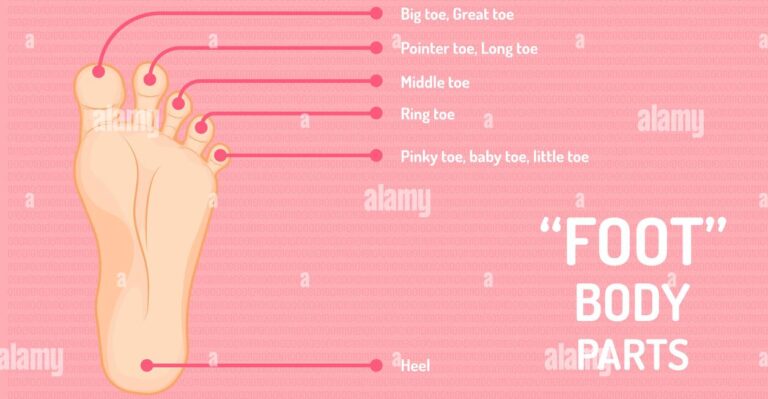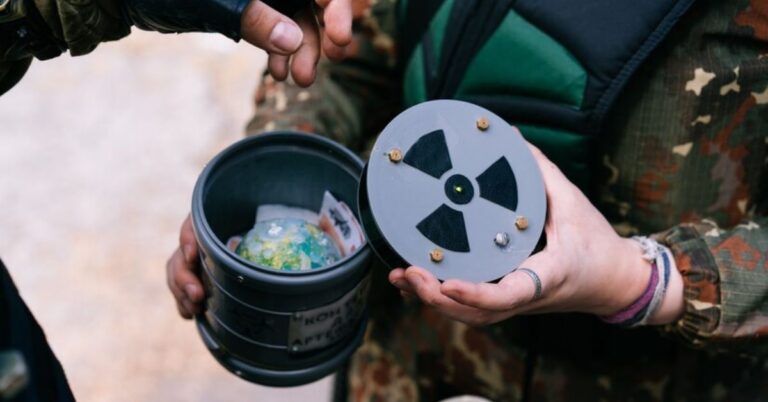How to Recognize Early Signs of Addiction in Loved Ones
Being able to recognize early signs of addiction in loved ones is important for timely support that may prevent the problem from further deterioration. Addiction can hardly be seen at an early stage, especially when the affected person tries to keep it under wraps. The subtle changes in behavior, mood, and physical appearance can be learned to be recognized by friends and family members so they can take appropriate steps with the help-seeker. Early recognition may prove to be a turning point for any improvement, as it opens the door to intervention before addiction fully takes hold.
Changes in Behaviour as a Warning Sign
One of the most apparent manifestations of addiction is the change in behavior. Family members begin acting socially withdrawn, losing interest in hobbies, or failing at responsibilities with work or school. They lie about their whereabouts, keeping secrets or acting defensively if asked a direct question. Mood swings and irritability, even aggressive behavior, surface that seems to be out of place and creates tension within the relationship. These changes in behavioral cue will hint at whether a loved one needs support for their use of substances.
Changes in Physical Appearance
The physical changes can hint at an impending addiction problem: the person looks unkempt, has poor personal hygiene, or suddenly begins to lose or gain weight in a very short time. Bloodshot eyes, dilated pupils, and slurred speech may also denote evidence of substance intake. Besides these, complaining persistently about fatigue, insomnia, or frequent headaches can also be symptoms of addiction. These changes can be minor at the outset but tend to be amplified into greater variations as the addiction progresses, making physical appearance one area in which to observe.
Changes in Spending Habits
Due to addiction, financial stress may arise, which often occurs when increased spending is involved to purchase substances or when priorities alter and money is set aside for the current addiction. Some possible warning signs could include unusual spending, increased borrowing, or frequent loan requests. Loved ones may also observe that bills are not being paid, that belongings are being sold, or that there is unexplained debt being accrued. In most instances, financial issues due to substance use are a sure sign that addiction is taking hold, and recognizing the trend early can lead to early intervention.
Sudden Changes in Social Company
Still another sure sign of addiction is a change in social company and relationships. If a loved one starts hanging out with new friends, which can include acquaintances that have substance use reputations, this might mean an increased exposure to addictive substances. They may also start avoiding longtime friends or distancing themselves from family members who may notice changes in their behavior. This new social setting can enable addictive behavior, and one should therefore be aware of changes in relationships as one of the symptoms of early addiction.
Mood Swings and Emotional Instability
Changes in emotions would also be one of the red flags regarding recognize early signs of addiction in loved ones. A close one would depict anxiety, depression, irritability, or immediate mood swings. Sometimes they would look so euphoric and out of the blue retreat into their shell or become aggressive. Emotional instability makes it difficult for an individual to maintain stable relationships or continue with day-to-day activities. Such changes along with other signs of behavioral or physical ones may point out that something is not right at a deeper level about addiction.
Impact on Work or School Performance
It could make huge differences in the person’s productivity and performance either at work or school. A loved one with an addiction may begin being absent from work or school, late, or poorly performing. The lack of concentration and dedication may lead to warnings or even further disciplinary actions. All the poor performance and loss of motivation may indicate substance dependence if a person suddenly changed for the worse without reasons affecting him.
Encouragement of Open Communication
If you feel that your loved one might have an addiction problem, it can be very valuable to initiate a conversation early on. Expressing your concern without directly accusing them shows that they are supported and not attacked; this can be a great way to prompt them into sharing what is going on in their lives. Open communication could form the basis on which they may consider seeking help, such as counseling or specific programs regarding their addiction, including those involved in cocaine addiction treatment. These things create a safe place where honest conversation can be facilitated and equips them with whatever they need.
When the addiction has been determined, information concerning resources available to them often makes all the difference. The suggestion of support groups, therapy, and specialized addiction treatment programs may be offered to instill hope and provide practical guidance. Your supportive and understanding role may give them the courage to pursue further intervention to recover. Maybe at an initial stage they would resist, but knowing access to resources and care provided will make a real difference. By recognize early signs of addiction in loved ones and by acting with compassion, one can get their loved one to face up to their addiction and be well on their way to a journey of recovery.







